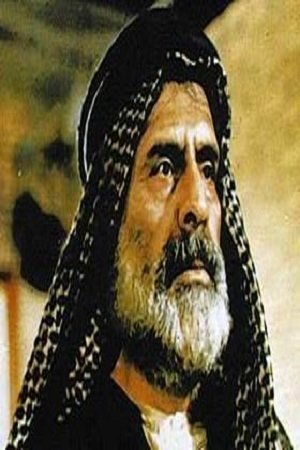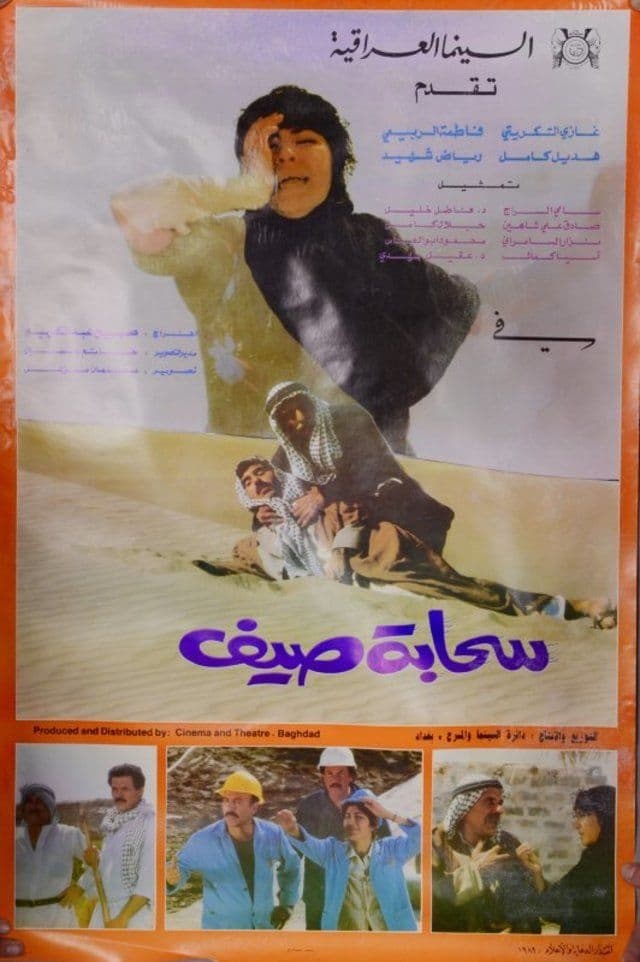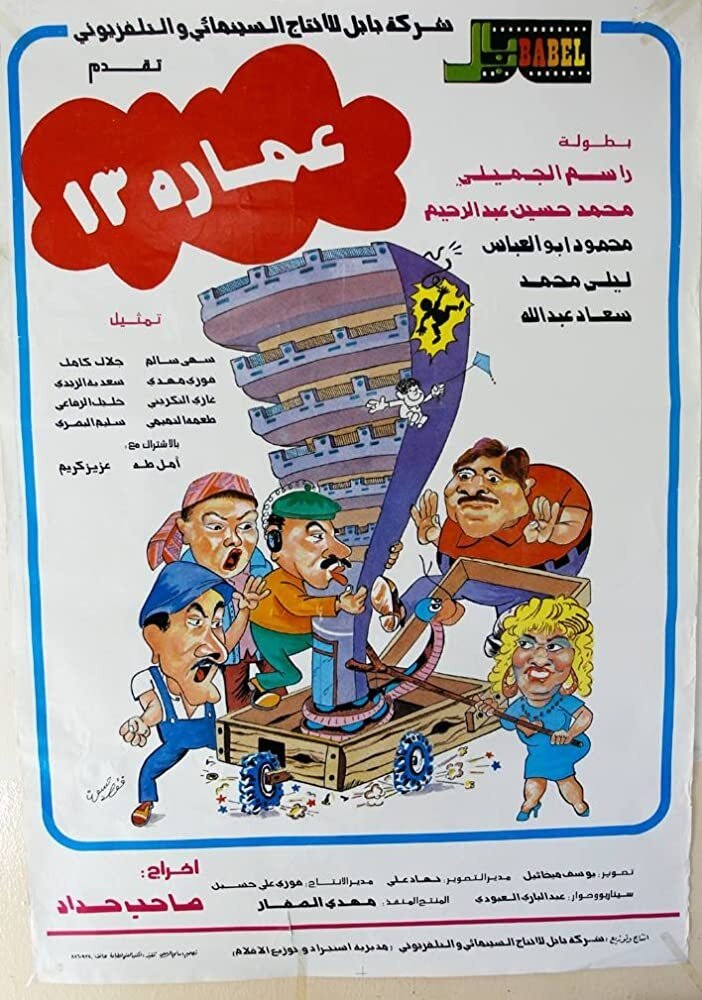

Ibrahim finds himself under intense nervous pressure as he seeks revenge for his father's murder by one of the sons of his village in a brawl that occurred between them. At the same time, a love relationship arises between him and the girl Ward, so he tries to persuade his family to forgive and distance themselves from bloodshed. On the other hand, Ibrahim tries to monitor what is happening in his work, dealing with theft and looting, attempting to rectify the situation in various ways.

Saleh inherits a building after the death of his uncle, he is surprised to find out that tenants living in the building are suffering from different kind of problems caused by his late uncle especially the high rent that he used to collect from them which is higher than the amount agreed on in the contract. Saleh gets an offer from a rich man who wants to buy the building by any price but Saleh refuses that causes the rich man to ask one of his men to do the job of scaring the tenants so they would leave the building.
Renowned Iraqi artist and actor, Ghazi Al-Tikriti, born in 1930, excelled in cinema, theater, and television. Despite lacking formal academic training, his natural talent shone through in various performances. Al-Tikriti joined the National Acting Troupe in the mid-1960s and played significant roles in numerous theatrical productions, notably in "Al-Mutanabbi." He became one of Iraq's prominent actors in cinema and television, making his debut in 1955 with the film "Fatanah wa Hasan." His filmography includes "Taswahan" (1958), "Al-Jazaa" (1970), "Al-Zama'iyoon" (1972), "Al-Tajribah" (1977), and "Al-Aswar" (1979). In television, he participated in well-known series such as "Muhitat Al-Thakira" and his last TV work, "Hikayat Al-Mudun Al-Thalatha," directed by Mohammed Shukri Jameel. Al-Tikriti contributed to the theater with notable works like "Hfla Samr" (Samr Night). In 1996, he retired from artistic life, living in solitude, exacerbated by the loss of his eldest son. In 1997, after illness and seclusion, the great artist Ghazi Al-Tikriti left us, leaving behind a splendid artistic legacy. His exceptional performance in "Al-Mas'ala Al-Kubra" remains a source of pride and a subject for study and contemplation for generations.
By browsing this website, you accept our cookies policy.